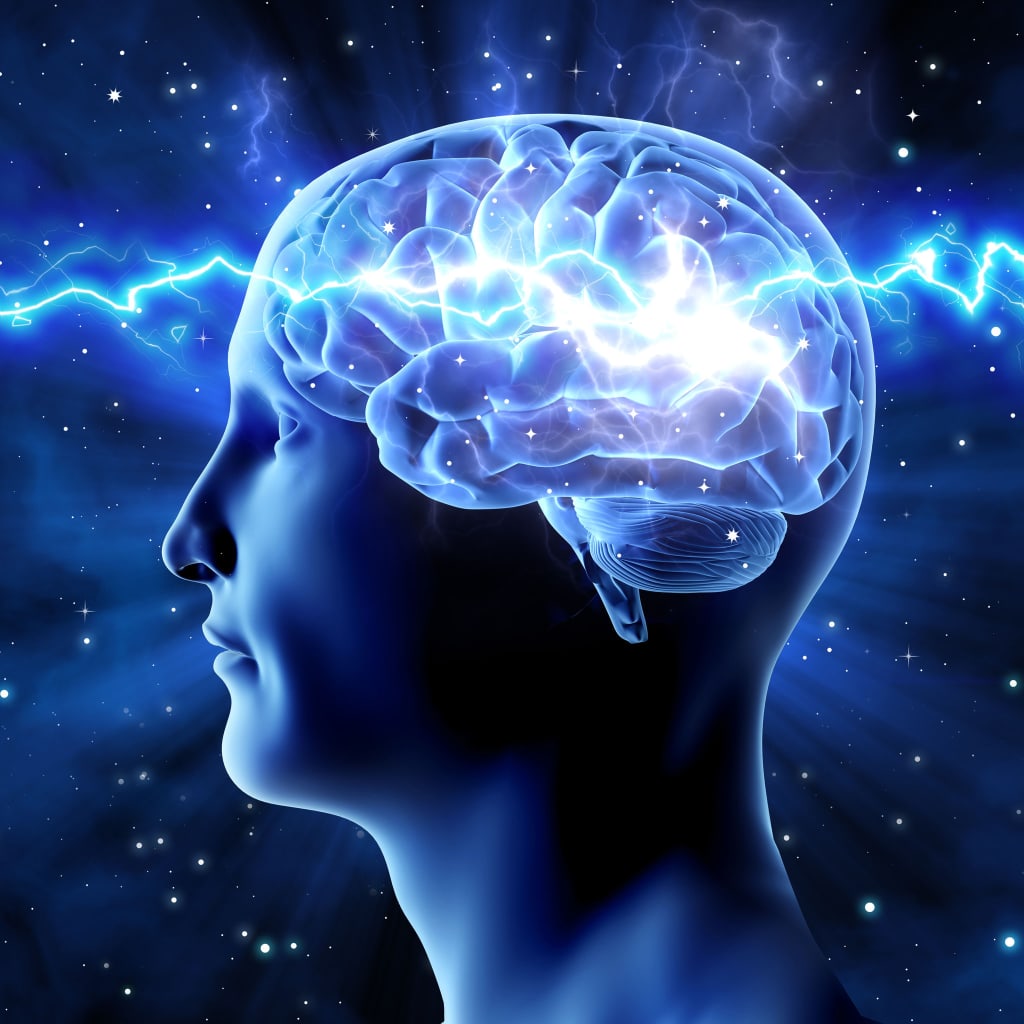
The human brain is a complex and remarkable organ that controls all aspects of our thoughts, emotions, behaviors, and bodily functions. Understanding its workings is a fascinating field of study, and here are eleven intriguing psychology facts about the brain:
1.The Placebo effect (The Influence of Beliefs and Expectations on the brain): Beliefs and expectations held by the mind can influence perceptions and outcomes. The placebo effect is a prime example that demonstrates the powerful connection between the mind and body. It occurs when an individual experiences real physiological or psychological changes after receiving a treatment that has no therapeutic effect. The individual's belief in the treatment's efficacy triggers the brain's mechanisms, leading to actual improvements in symptoms.
2.The Subconscious Mind: A significant portion of mental processing occurs in the subconscious mind, influencing thoughts, emotions, and behaviors without our conscious awareness. This aspect of the mind governs automatic responses, habits, and implicit memory, which influences behavior and perceptions.
3.Selective Attention: The mind selectively focuses on certain information while filtering out other stimuli. This phenomenon, known as selective attention, allows us to concentrate on specific tasks while ignoring distractions. However, it can also cause us to overlook relevant details.
4.Sleep and Brain Function: Sleep is essential for brain health and During sleep, the brain consolidates memories, clears toxins accumulated during waking hours, and supports learning and problem-solving. Lack of adequate sleep can impair attention, decision-making, and overall cognitive performance.
5.Brain's Energy Consumption: Despite accounting for only about 2% of the body's weight, the brain consumes a disproportionately high amount of energy—around 20% of the body's total energy expenditure. This high energy demand is necessary to maintain its functions, including neurotransmission, synaptic activity, and information processing.
6.Neuroplasticity: One of the most remarkable aspects of the brain is its ability to reorganize and adapt throughout life. This phenomenon, known as neuroplasticity, refers to the brain's capacity to form new neural connections and pathways in response to learning, experience, and even injury. This ability allows us to learn new things, recover from brain injuries, and adapt to changing environments.
7.Hemispheric Specialization: The brain is divided into two hemispheres—left and right—connected by the corpus callosum. While both hemispheres work together, they also have specialized functions. In most people, the left hemisphere is associated with language processing, analytical thinking, and logic, while the right hemisphere is linked to creativity, intuition, and holistic thinking.
8.Memory Formation and Storage: Memories are not stored in just one specific area of the brain. Instead, they involve complex interactions among multiple brain regions. The hippocampus, located in the temporal lobe, plays a crucial role in the formation of new memories. However, the storage and retrieval of memories engage various regions, including the prefrontal cortex and temporal lobes.
9.Mirror Neurons: These specialized neurons fire both when an individual performs an action and when they observe someone else performing the same action. They are believed to play a role in empathy, social learning, imitation, and understanding others' intentions.
10.Cognitive Biases: The human brain often relies on mental shortcuts or cognitive biases when making decisions or judgments. These biases can sometimes lead to errors in thinking or decision-making. Examples include confirmation bias, where people seek information that confirms their existing beliefs, and anchoring bias, where individuals rely heavily on the first piece of information they receive when making decisions.
11.Sleep and Brain Function: Sleep is essential for brain health and During sleep, the brain consolidates memories, clears toxins accumulated during waking hours, and supports learning and problem-solving. Lack of adequate sleep can impair attention, decision-making, and overall cognitive performance.
These eleven psychology facts about the brain highlight its incredible adaptability, functional specialization, and the intricate ways it influences our thoughts, emotions, behaviors, and perceptions. Studying the brain continues to unravel its complexities, contributing to our understanding of human cognition and behavior.





Comments
There are no comments for this story
Be the first to respond and start the conversation.